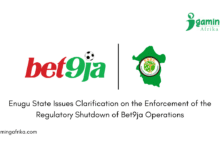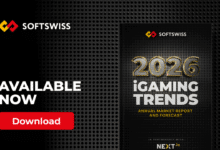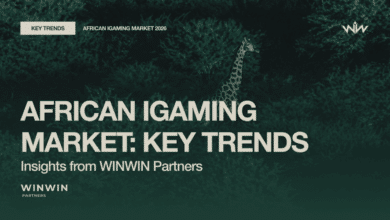
iGaming is online gambling, such as sports betting, casino games, poker, etc. The industry is trendy and profitable in Africa and will reach $37 billion by 2024. It is driven by internet and mobile access, entertainment and leisure demand, diverse and innovative products and platforms, social media and influencers. It also offers income and empowerment for many Africans, especially the youth. Explore this review to learn about African iGaming regulation by the African governments. Africa iGaming regulation
The Importance of Regulation in iGaming
However, iGaming has challenges and risks, such as fraud, money laundering, addiction, underage gambling, consumer protection, tax evasion, and social impact. These issues need effective regulation and oversight of iGaming in Africa. Regulation can ensure that iGaming is fair, transparent, responsible, and sustainable. It can also protect the interests and rights of operators and consumers, generate revenue and create jobs for governments and economies, enhance the reputation and credibility of iGaming in Africa, and facilitate innovation and competition in the iGaming market.
African Governments’ Diverse Approaches
There is no uniform or harmonized approach to regulating iGaming in Africa. Each country has its own legal framework and regulatory body that govern iGaming activities within its jurisdiction. Some countries have more developed and comprehensive regulations than others, while others have no specific regulations. The level and scope of regulation also vary depending on the type and mode of iGaming involved.
The diversity of regulatory approaches in Africa reflects each country’s different contexts and circumstances. It also reflects each country’s different challenges and opportunities concerning iGaming. Therefore, each country must adopt a flexible approach that suits its needs and circumstances.
Regulatory Models in African Countries
Four main regulatory models can be identified among African countries concerning iGaming:
The prohibition model: This model bans all forms of iGaming within the country’s territory. Examples are Algeria, Libya, Somalia, Sudan, etc. Africa iGaming regulation
The monopoly model grants exclusive rights to operate iGaming activities to a single entity or operator within the country’s territory. Examples are Morocco, Tunisia, Ghana, etc.
The licensing model allows multiple entities or operators to offer iGaming activities within the country’s territory under certain conditions and requirements. Examples are South Africa, Kenya, Nigeria, Uganda, Tanzania, etc.
The open model permits any entity or operator to offer iGaming activities within the country’s territory without restrictions or limitations. Examples are Seychelles, Lesotho, etc.
Also Read: Worlds sports betting extends partnership with Vodacom Bulls
Challenges and Obstacles to iGaming Regulation
Regulating iGaming in Africa takes work. Many challenges and obstacles hinder this sector’s development and implementation of effective regulation. Some of these challenges are:
Lack of data and information: There needs to be more reliable data on the size, scope, nature, impact, and trends of iGaming activities in Africa.
Lack of capacity and resources: Regulators and law enforcement agencies need more capacity to monitor, enforce, and evaluate iGaming regulations.
Lack of coordination and cooperation: There needs to be more coordination and cooperation among regulators, agencies, and stakeholders involved in iGaming regulation.
Lack of awareness and education: There is not enough awareness and education among operators, consumers, and the general public about the benefits, and risks. Africa iGaming regulation























